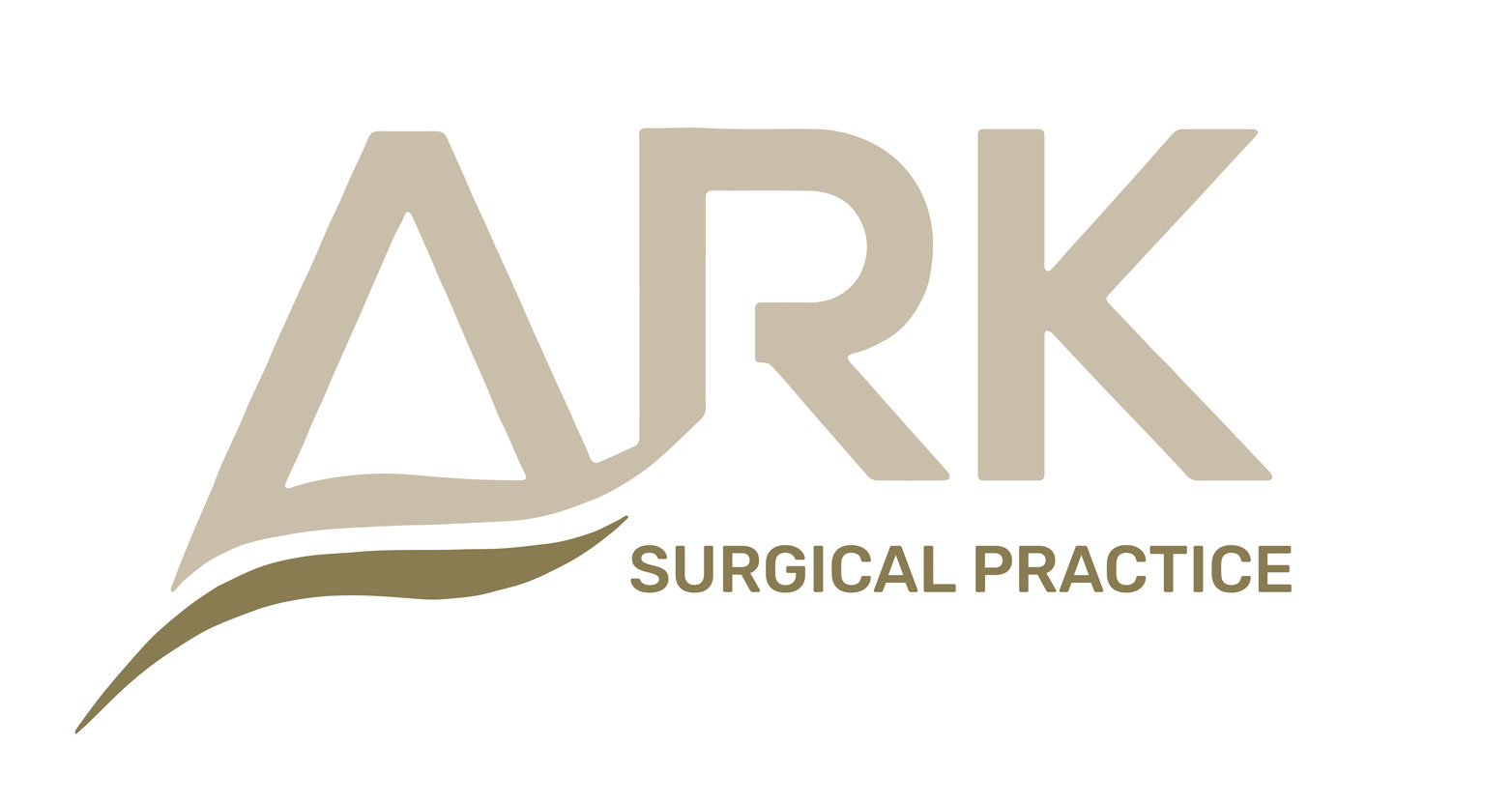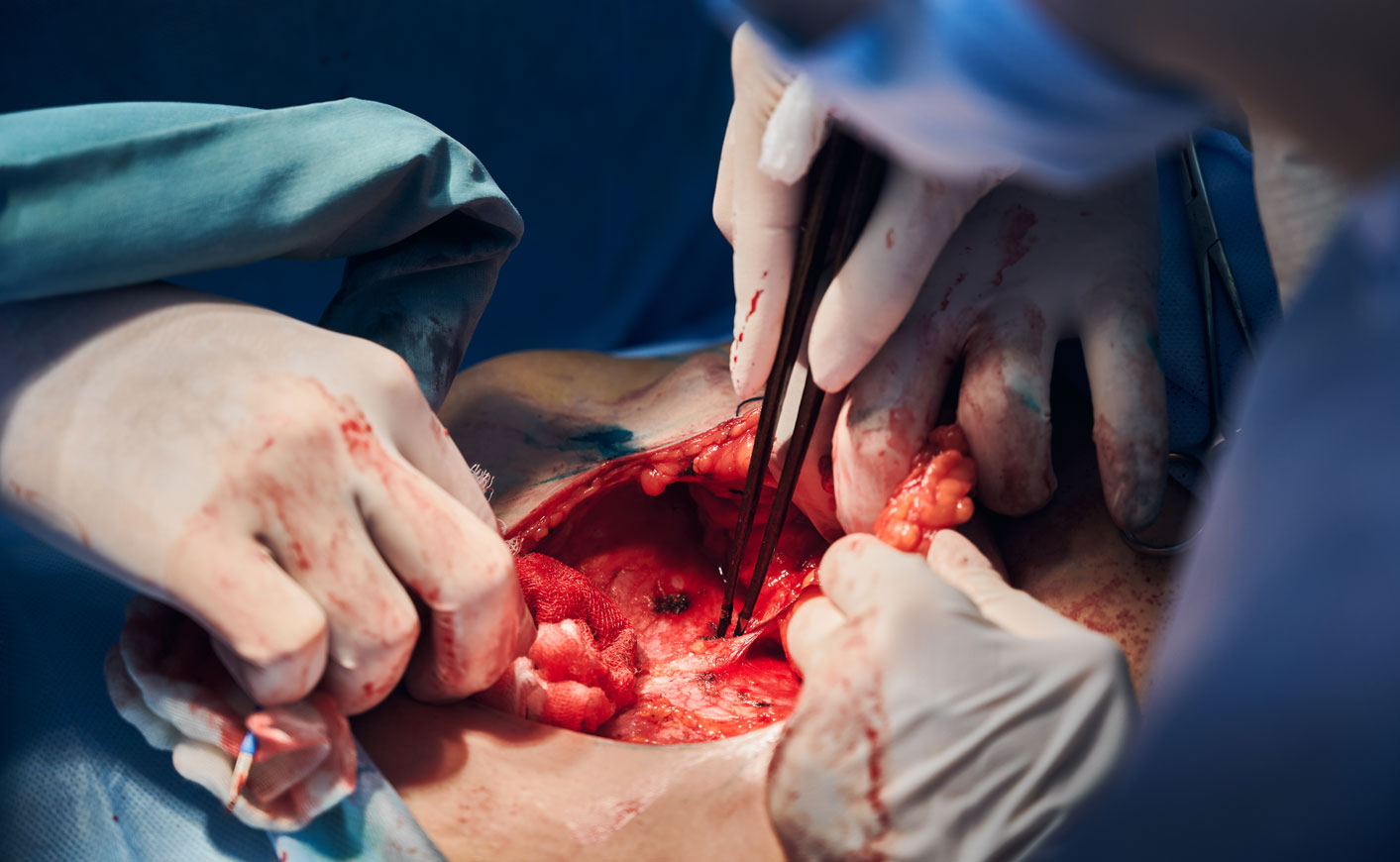What is Surgery for Colon Cancer?
Surgery for colon cancer is a major procedure that is used to treat colon cancer. Surgery can be used to remove a tumor and the surrounding tissue, as well as lymph nodes, in order to see if the cancer has spread beyond the colon. The type of surgery used is dependent on the size and location of the tumor, as well as the stage of the cancer.
Most commonly, surgery for colon cancer involves a partial or total colectomy. During a partial colectomy like right hemicolectomy, a portion of the colon is removed, along with the tumor and a margin of healthy tissue on either side. During a total colectomy, the entire colon is removed.
Surgery for colon cancer is a major procedure that requires a lot of preparation and aftercare. With the help of a skilled and experienced surgeon and a team of medical professionals, the patient can have a successful recovery and go on to live a healthy, cancer-free life.
Surgery remains to be the main treatment of choice for stage I – III colorectal cancer. For stage IV, the indication of surgery is on a case-to-case basis. Surgery involves the complete removal of the cancer and its lymphatics i.e., lymph nodes around the cancer. The oncological principles have remained the same although advances have been made in the approach and instruments used.

Open Surgery
In this conventional method, a long incision has to be made in the abdomen, either midline or transverse, for the surgery to be performed. Given the long incision, there is usually a longer period of post-operative recovery and pain.
Other side effects include a higher risk of adhesions and incisional hernia when compared to the other approaches. Despite the side effects, this approach remains relevant especially for patients with multiple surgeries before or for cancers that are complex requiring multivisceral resection.
Laparoscopic or Keyhole Surgery
Although reported since 1990’s, the increase in uptake actually began after the 2nd millennium. Several 5mm incisions and long instruments are used to perform the surgery inside the abdomen.
An incision to retrieve the growth is still needed but this incision will be shorter than the conventional method. Other than the benefits of smaller scars, the post-operative recovery is usually quicker and allows for faster resumption of oral diet according to well-established protocols like ERAS (Enhance Recovery After Surgery)
The use of magnification with these optical systems also enhance the surgeon’s ability for clear dissection. 3-Dimensional viewing is also available now and as technology advances are still being made to further improve the user interface and experience.
Advanced energy devices are also helpful in laparoscopic surgery as they allow for more precise hemostasis and options for dissections. These include ultrasonic and bipolar devices.
Robotic Surgery
In the early 2000s, robotic surgery was described for its use in colorectal surgery. The main robotic system used in Singapore is the Da Vinci system. It has basically 3 parts: patient cart, surgeon console and vision cart. (can weblink to Da Vinci system) A surgeon is still required to control the system’s movement but it offers a stable and comfortable platform for the operator.
Natural Orifice or Transanal Surgery
Since 2010, the latest is the transanal approach for rectal cancers. When compared to the rest, the transanal way allows the most direct access to the tumor and overcomes the limitation of a sacral curve which is a typical challenge for complex and difficult cases.
The accurate visualization of the distal margin allows for greater chances of sphincter salvage which is desired. This has to be balanced with the functional outcome post-surgery and the suitability of this technique should be done with an experienced surgeon that is trained in this approach.
Endoscopic Surgery
Endoscopic removal like Endoscopic Submucosal Dissection (ESD) or local excision is sometimes suitable for very early colorectal cancers. This is on a case-to-case basis and should not be offered as the first option of choice as it does not remove the lymph nodes. It makes sense as for early cancers, lymph node involvement is rare and this allows for the avoidance of surgery that comes with inevitable risks for complications.
Similarly, the transanal approach is helpful for early rectal cancers as it allows for preservation of the rectum which means better function and could even prevent the need for a stoma with increased anus preservation when an abdominal perineal resection (APR) is avoided.
How Can You Prepare for Colon Cancer Surgery?
Colon cancer is one of the most common cancers, and its treatment often requires surgery. Preparing for colon cancer surgery can be daunting, but taking the right steps and understanding the process can help make it easier. Here are the steps to take to best prepare for your colon cancer surgery.
Schedule a Preoperative Physical Exam
Before your surgery, you will need to have a preoperative physical examination at the surgery clinic. This will include a review of your medical history, physical exam, and bloodwork. During the exam, your doctor will also discuss any risks associated with the surgery.
Follow Bowel Preparation Instructions
Your doctor will give you instructions for cleansing the colon. This may include following a special diet, taking laxatives, or drinking a cathartic solution. It is important to follow these instructions so that the colon is completely clean before the surgery.
Stop Eating and Drinking Before Surgery
Do not eat or drink anything after midnight the night before your surgery. This includes water. Continue to take your regular medications, but with only a sip of water. Do not take ibuprofen, aspirin, or any medication containing aspirin for one week before your surgery.
Stop Smoking
Do not smoke after midnight the night before your surgery. This is important for your health and for the success of the surgery.
Do Not Wear Makeup
Do not wear any makeup, especially eye makeup, lotions, or powders. Also, do not wear artificial nails or nail polish. Your nails are monitored during surgery to identify oxygen and blood circulation.
Bring Important Items
Bring a list of all your medications and their dosages, as well as your insurance identification card. Also, do not bring large sums of money, jewelry, or credit cards. If you wear contact lenses, bring the case to remove them before going into surgery.
By following these steps, you can better prepare for your colon cancer surgery. Make sure to follow all of your doctor’s instructions and attend all of your pre-operative exams. Doing so will help ensure that your surgery is a success.
What are the Recommended Aftercare for Colon Cancer Surgery?
Aftercare for colon cancer surgery is an essential part of the recovery process, and though the experience is different for each individual, there are certain steps that should be taken to ensure a full recovery.
Immediately following surgery, your doctor or nurse will keep an eye on your vital signs to make sure you are recovering well. Depending on your individual needs, you may have to wear a tube or catheter to collect body fluids and help with wound healing. You will also be closely monitored for any signs of infection or serious complications.
In the weeks and months following your surgery, you will likely be seen regularly by your doctor or nurse practitioner. Your doctor may order lab tests, such as complete blood count and C-reactive protein, to monitor your body’s recovery.
Your doctor or nurse may also recommend lifestyle changes, such as dietary alterations, to help your body heal and prevent further complications. You may also be encouraged to exercise, as this can help promote muscle strength and improve your overall health.
Psychological support is also important for those recovering from colon cancer surgery. It is not uncommon for patients to feel overwhelmed, anxious, and depressed in the weeks and months following surgery. Many hospitals offer counseling services and support groups to help patients adjust to life after surgery.
Finally, it’s important to remember that colon cancer surgery is only the beginning of a treatment plan. A healthy diet, regular exercise, and a healthy lifestyle are essential to ensure long-term health. Your doctor or nurse can provide more information and guidance on the best ways to ensure your post-surgery recovery.
What are the Risks of Colon Cancer Surgery?
When it comes to any type of surgery, there are always risks and potential complications involved. Colon cancer surgery is no exception. While the risks are generally low, it’s important to understand what they are so that you can take steps to minimize them.
When it comes to colon cancer surgery, the most common risk is postoperative pain. After the operation, you may experience pain or discomfort in the abdominal area. This is normal and usually fades over time, but painkillers may be prescribed.
You may also experience difficulty eating solid food for the first few days after surgery, as the colon needs time to heal. Another possible risk is a change in your bowel movements.
For some weeks after surgery, you may experience one or more of the following symptoms: diarrhea, constipation, or fragmented stools. It is also normal to experience discomfort while using the restroom the first time after surgery.
Other risks associated with colon cancer surgery include:
- Bleeding
- Blood clots
- Infection
- Ileus, which is a lack of movement in your intestines that can lead to an obstruction
- Leaking at the site of anastomosis (reconnection) that can cause an infection
- Adhesions from scar tissue in the abdomen that causes organs or tissue to stick together
It is important to discuss any of these risks with your doctor prior to your surgery. Your doctor will be able to provide you with more information about the specific risks associated with your procedure.
Colon cancer surgery is a serious procedure, and it is important to understand the risks and take steps to minimize them. Your doctor will be able to provide you with more information about the specific risks associated with your procedure.
What is the Outlook After Colon Cancer Surgery?
The outlook for people with colon cancer after surgery depends on the stage of the cancer and if the surgeon is able to remove all of it. Generally speaking, the earlier the stage of the cancer, the better the outlook. According to the American Cancer Society, the overall five-year survival rate for colon cancer that has not spread beyond the colon is about 90%.
The earlier the stage of the cancer, the better the outlook. Surgery may not be an option for people with late-stage cancer, which means that other treatments, such as radiation and chemotherapy, may be necessary.
Recurrence, or cancer returning after initial treatment, is also a concern for people with colon cancer. According to 2016 research, a recurrence or relapse occurs in about 30% to 40% of people after their initial surgery. Most recurrences occur during the first 2 years after treatment. Doctors classify colon cancer recurrence as local, regional, or distant metastatic recurrence.
It’s important to keep up with recommended follow-up care after treatment for colon cancer, which includes regular check-ups with your doctor and maintaining a healthy lifestyle. This includes eating a healthy diet, getting regular exercise, and avoiding smoking, alcohol, and drugs.
The outlook for people with colon cancer after surgery depends on the stage of the cancer and if the surgeon is able to remove all of it. With early diagnosis, proper treatment, and a healthy lifestyle, people with colon cancer can have a good chance of recovery and long-term survival.

